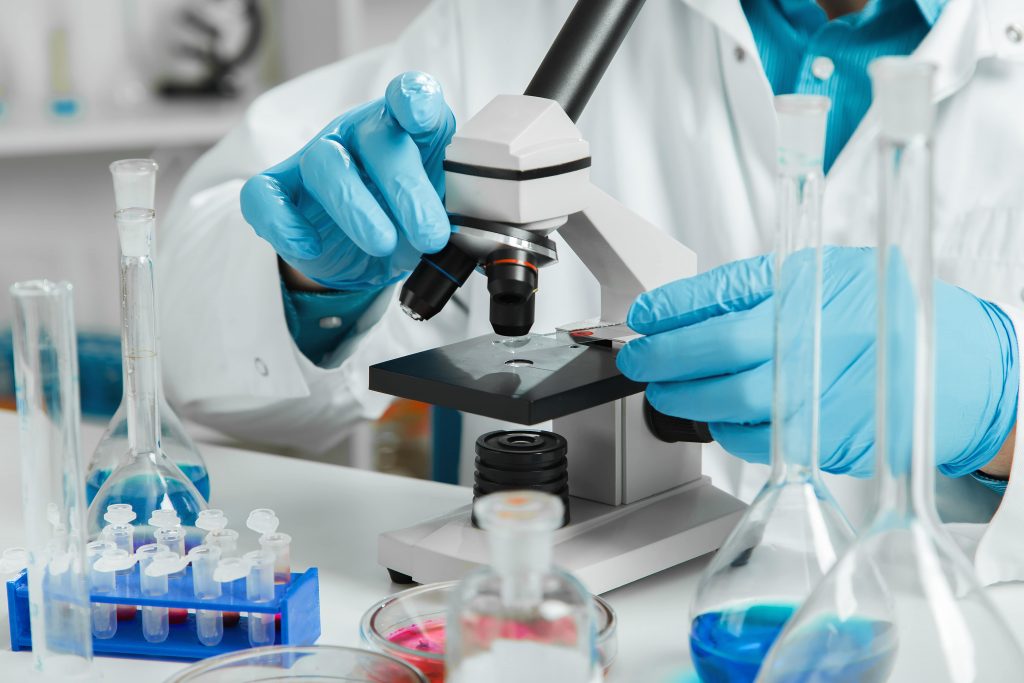The Importance of Pathology Departments in Disease Diagnosis
Pathology, often considered the cornerstone of medicine, is instrumental in diagnosing various diseases and guiding their treatment. The Pathology Department in any hospital is a crucial component of the healthcare system, providing vital diagnostic services. This blog post aims to explore the importance of Pathology Departments in disease diagnosis.
Understanding the Pathology Department
The Pathology Department plays a key role in the analysis of samples of body tissues and fluids. It encompasses various disciplines including clinical pathology, anatomical pathology, cytology, and haematology. The information provided by pathologists helps doctors in diagnosing diseases and deciding on the best course of treatment.
Key Roles of the Pathology Department
Let’s delve into the primary roles of the Pathology Department and how it contributes to disease diagnosis:
- Disease Diagnosis
This is the fundamental role of the Pathology Department. By examining samples, pathologists can identify the presence of disease, the type of disease, and its severity. From cancers to infections, pathology supports the diagnosis of a vast array of diseases.
- Disease Monitoring and Prognosis
Not only involved in diagnosis, but the Pathology Department also monitors the progression of diseases and provides prognostic information. For chronic conditions, regular pathological tests can indicate how a disease is progressing or responding to treatment.
- Guiding Treatment Decisions
By providing accurate diagnoses and valuable information about the nature of a disease, pathology results guide the selection of treatments. For instance, pathology can identify specific cancer types, which guides the choice of chemotherapy drugs.
- Health Check-ups and Preventive Medicine
Pathology also plays a significant role in preventive medicine. Routine health check-ups usually involve pathological tests to identify risk factors for disease and catch any early signs of illness.
- Research and Training
Many Pathology Departments are involved in medical research, contributing to the development of new diagnostic methods and treatments. Additionally, they’re often involved in the training of new doctors and pathologists.
Conclusion
The Pathology Department, often working behind the scenes in a hospital, plays an essential role in patient care. The vast majority of medical decisions rely on the vital diagnostic information that pathology provides. Without pathology, targeted and effective treatment would be impossible. It truly is a discipline that sits at the heart of medicine, driving accurate diagnosis and informing effective treatment.



